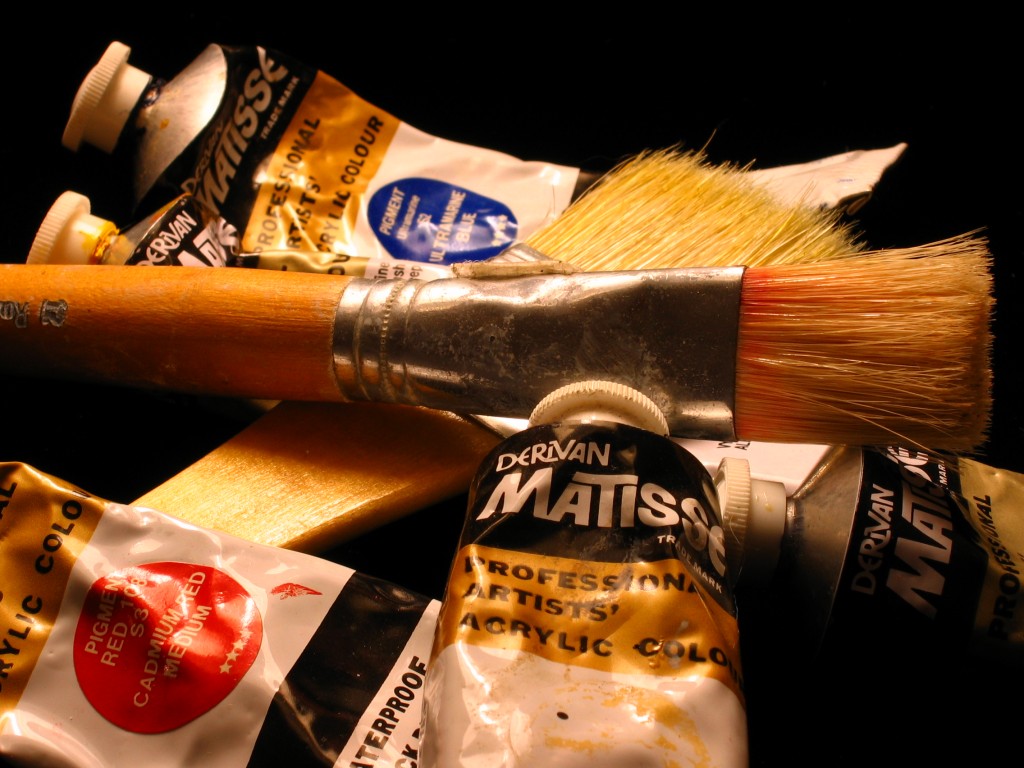The more higher education tries to reinvent itself the more useless it becomes. There are deep problems, of course, with the way higher education is delivered—not least of which is the cost—but does anyone really think that the substance of a college education is better today than it was 50 years ago? I ask because the New York Times Education Life section features yet another “cutting edge” discipline infiltrating American schools. And the article reads a little bit like a parody.
It bothers Matthew Lahue and it surely bothers you: enter a public restroom and the stall lock is broken. Fortunately, Mr. Lahue has a solution. It’s called the Bathroom Bodyguard. Standing before his Buffalo State College classmates and professor, Cyndi Burnett, Mr. Lahue displayed a device he concocted from a large washer, metal ring, wall hook, rubber bands and Lincoln Log. Slide the ring in the crack and twist. The door stays shut. Plus, the device fits in a jacket pocket.
Matthew Lahue was able to demonstrate this device in a “creativity studies” class, the hottest new thing on some college campuses apparently. Sadly, according to the article, “Creative studies is popping up on course lists and as a credential” across the country, with some schools even starting to offer PhD’s in the subject.
The Times reporter suggests that this new emphasis on creativity might be a reaction to too much emphasis on standardized testing. She writes: “Traditional academic disciplines still matter, but as content knowledge evolves at lightning speed, educators are talking more and more about ‘process skills,’ strategies to reframe challenges and extrapolate and transform information, and to accept and deal with ambiguity.”
Translated into normal English this means: Since there is so much stuff to know we are throwing our hands up and learning more about how to learn instead of learning anything in particular. Oh, and those people who actually learn real things, they have trouble functioning in the real world. So there.
The faculty point out that there is real research about what allows people to be creative and why shouldn’t students learn those techniques. Truth be told, you could probably cover most of those in an afternoon. Shaving, showering and driving are all thought to be a creativity-inducing activities.
But you don’t need to go to college to learn that. Indeed, you don’t need to go to college to learn how to devise a solution to broken restroom locks either. But Lahue says that his new credential carries a message to employers: “It says: ‘This person is not a drone. They can use this skill set and apply themselves in other parts of the job.’” Yes, just wait til employers are seeing hundreds of people with that major on their CV.
A few years ago, I went to what’s called a “hackathon,” where 100 people get together over the course of a weekend and try to start businesses. There were people in the room who had already made a lot of money and just loved engaging in entrepreneurial activities. And there were people new to the scene too. I think it’s safe to say that all of the participants were “creative.” But no one would have wanted to work with them if they didn’t also have some real knowledge. An understanding of finance, computer programming, graphic design, telecommunications, etc. You know, all that “content knowledge” that creativity studies majors look down on.






